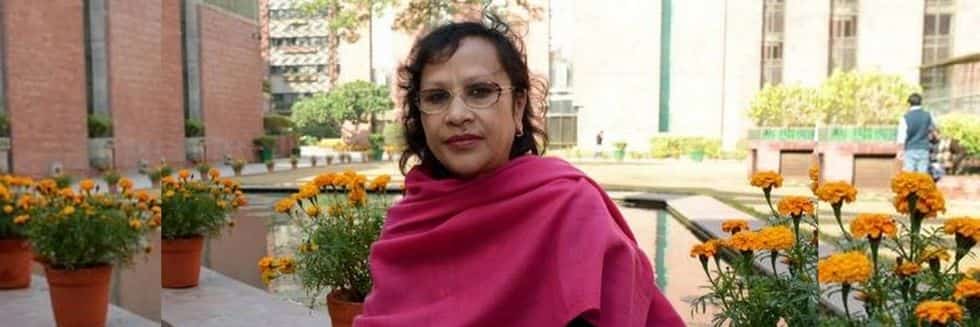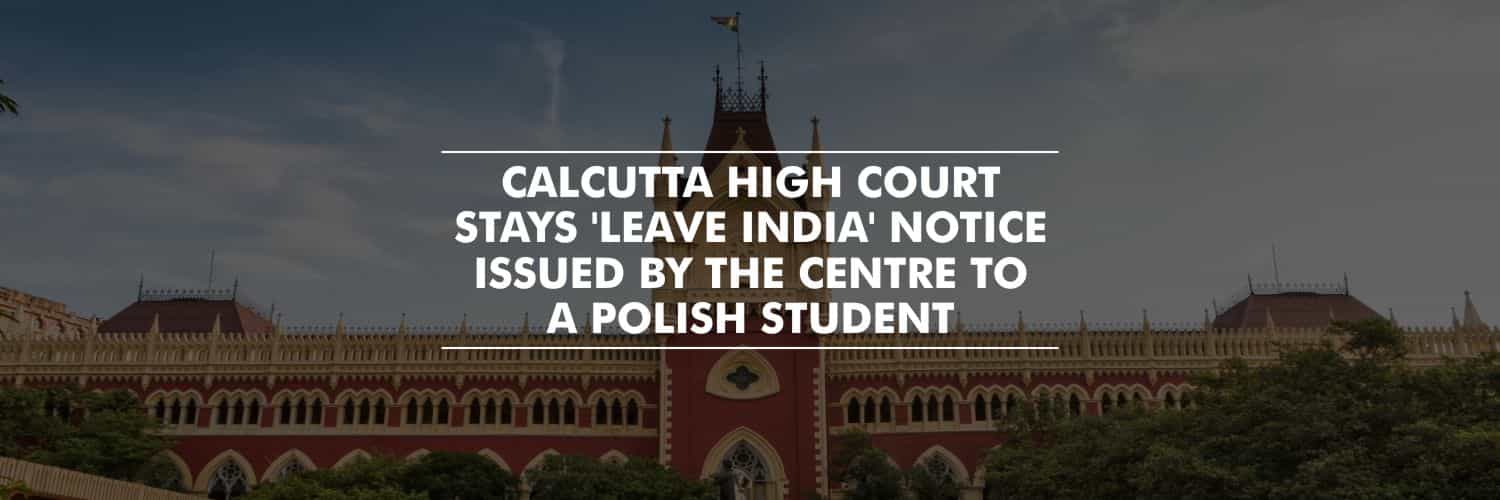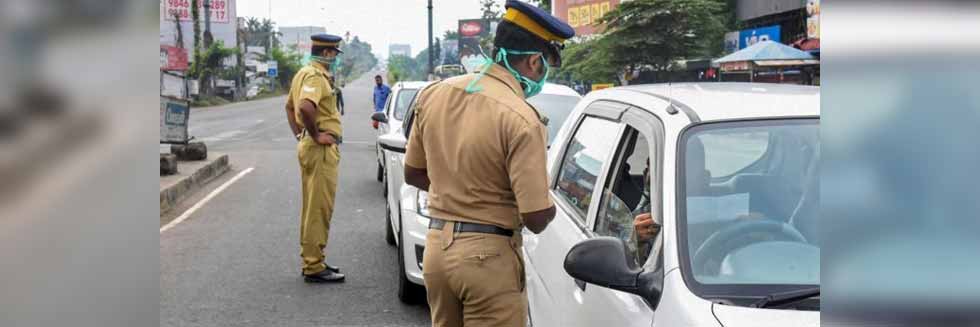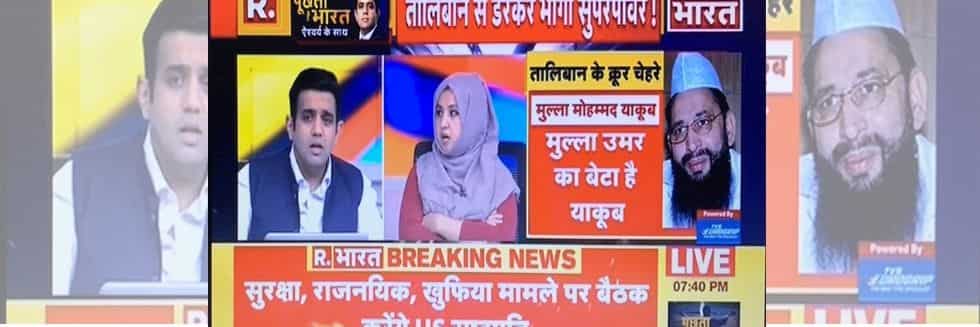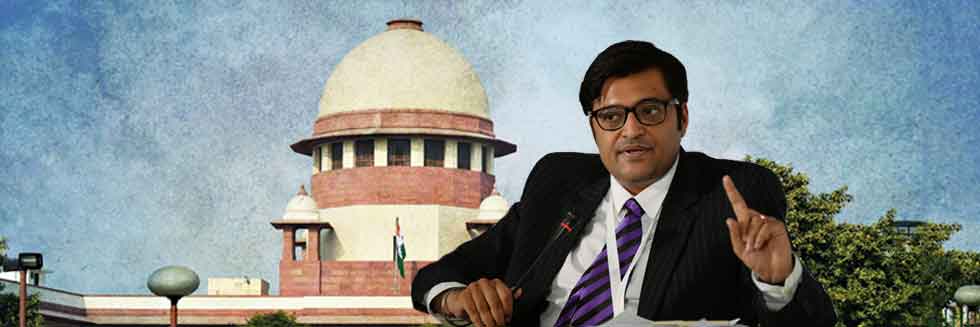On Wednesday, the Supreme Court sought a response from the Meghalaya government on an appeal by senior journalist and Padma Shri awardee Patricia Mukhim to quash hate crime proceedings against her for a Facebook post.
The bench comprising of Justices L Nageswara Rao, Indu Malhotra, and Vineet Saran issued a notice on Mukhim’s appeal against the Meghalaya High Court’s refusal to quash the proceedings against her under Sections 153 A (hate), 500 (defamation) and 505(c) (incite a community or caste to commit an offense against another) of the Indian Penal Code.
The Case Against Patricia Mukhim
The criminal proceedings pertain to a Facebook post made by the journalist seeking action by the State against an attack on some non-tribal boys in Meghalaya.
As per sources, it was alleged that on 3 July 2020, a group of non-tribal boys was attacked by 20-25 unidentified youths at a basketball court in Lawsohtun locality. While referring to this incident, Mukhim has on 4th July 2020 took to Facebook and posted stating that ‘Meghalaya has been a failed state because of continued attacks on non-tribal people and that the attackers and trouble-mongers have never been arrested since 1979’.
“The attackers, allegedly tribal boys with masks on, should be immediately booked. This continued attack on non-tribals in Meghalaya whose ancestors have lived here for decades, some having come here since the British period, is reprehensible, to say the least. The fact that such attackers and trouble mongers since 1979 have never been arrested, and if arrested never penalized according to law, suggests that Meghalaya has been a failed state for a long time now,” Mukhim wrote in her Facebook post.
For the said post, a case was filed against Mukhim following a complaint raised by the Dorbar Shnong of Lawsohtun. Dorbar Shnongs are traditional Khasi village governing bodies. They reportedly alleged that Mukhim has committed offenses under Sections 153-A, 500, and 505 of the Indian Penal Code i.e., for allegedly inciting communal tensions and for defamation.
However, Mukhim, the Editor of Shillong Times, said that her social media post was only an expression of truth in the face of persecution.
Mukhim had earlier approached the Meghalaya High Court for relief. But in November 2020, the High Court declined to quash the criminal case, opining that, prima facie, the offense of mischief under IPC Section 153A had been made out against Mukhim as her post “apparently seeks to promote disharmony or feelings of enmity, hatred or ill-will between two communities”.
Appeal Against Meghalaya High Court’s Ruling
Challenging the Meghalaya HC’s ruling, Mukhim approached the Supreme Court. She stated that the offenses under Section 500 and 505(c) IPC, being non-cognizable, cannot be investigated and prosecuted vide registration of an FIR in view of the statutory bar against such prosecution.
“A plain reading of the petitioner’s Facebook post makes it clear that the intent and purpose of this post is to appeal for impartial enforcement of rule of law; equal treatment before the law of all citizens; condemnation of targeted violence against members of a minority group; an end to impunity for violence,” Patricia’s petition said.
“The entire proceedings against the petitioner stands on a single limb – Section 153A, which it is humbly submitted is not made out against the petitioner, as the same is unsustainable in law and misconceived on facts,” reads the plea further.
Advocates Vrinda Grover, Soutik Banerjee, and Prasanna S, representing Patricia mentioned to the top court that her Facebook post only alerted the authorities to enforce the law against the perpetrators of a brutal attack on six non-tribal boys in the State. Further, the petitioner asserted that her effort to ensure peace and harmony between communities and groups in the State has led to her, in turn, being accused of fostering hate.
The matter has been posted for further hearing on February 5.
